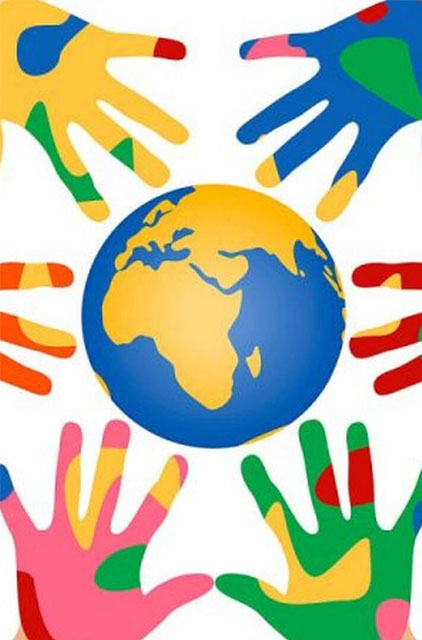The German government agreed on a draft for the German Supply Chain Act on 12.02.2021. This was part of the coalition agreement of the grand coalition and it can therefore be assumed that the draft law will be passed by the time of the Bundestag elections in September. The law aims to curb human rights violations and make companies liable for them when they occur in their supply chains.
This is a complicated process in a globalized world, because in most cases human rights violations such as child labor, lack of occupational health and safety, health risks, etc. occur further upstream in the supply chain by lower tier suppliers. Until now, however, local victims of these unacceptable conditions have often had no legal recourse against the companies if they are based in the countries of the end customers.
An EU supply chain law is also likely to follow
So now national companies should also be able to be held liable if employees of production companies operating abroad suffer human rights violations. This poses a problem for many companies, as they are not fully aware of their supply chains in some cases and therefore have no means of monitoring them. From now on, however, companies will have to make sure that their suppliers guarantee the observance of human rights and environmental standards, as there will be a right of action for NGOs & trade unions before German courts.
In the event of violations, there is a threat of heavy fines and exclusion from public procurement procedures. The German draft law was weakened to the effect that it would only apply to the first link in a supply chain, which was strongly criticized by human rights organizations. As a result, the draft EU supply chain law, which has also already been discussed, could be even stricter than the German version.
Companies should therefore anticipate such supply chain laws now and prepare strategically. We support you in gaining greater visibility over your supply chain and identifying human right violation risks. We leverage digital solutions to set up effective supply chain management systems and reporting tools, as well as supporting capacity building for suppliers. With reliable, up-to-date data on your suppliers, you can provide greater transparency of your supply chain to consumers, investors, and regulators. Make your supply chain sustainable with our help and let your customers know it too!



